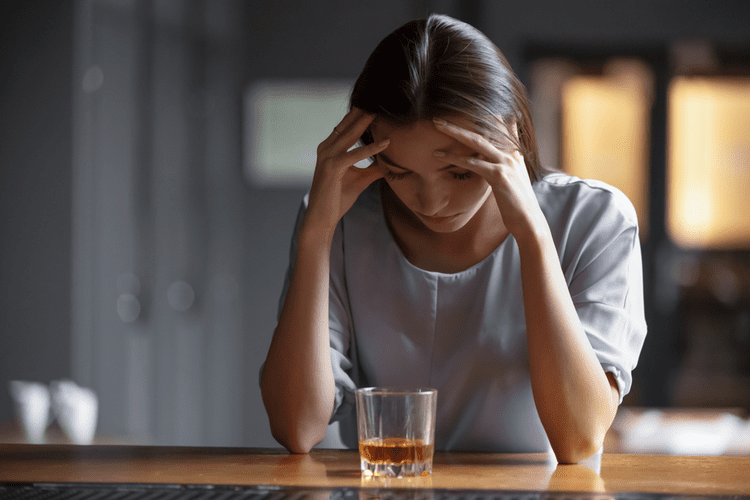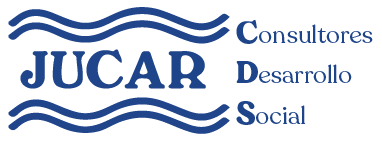Content
This can lead to feelings of shame and make them less comfortable reaching out for support. After they enter recovery, when it feels appropriate, you can slowly open up more communication with them. Try to understand how substance misuse became a routine part of their life and ask how you can best support them. Drugs and alcohol can rewire the brain, disrupting function and leading to dependency. It results in a distorted value system that shifts toward supporting ongoing substance use. One troubling question is whether this pattern — multiple relapses leading to eventual recovery — will continue now that more street drugs are contaminated with the deadly synthetic opioid fentanyl.

Alcoholism and drug addiction are a problem in and of itself, but there is also a problem underlying the substance dependence. Without addressing the underlying issues and simply stopping substance use, it is like putting a band aid on severed limb. Oftentimes there are unaddressed or hidden mental health concerns such as anxiety, depression, mania, personality disorders, or post-traumatic stress.
Detox in Recovery
You can support your drug treatment and protect yourself from relapse by having activities and interests that provide meaning to your life. It’s important to be involved in things that you enjoy, that make you feel needed, and add meaning to your life. When your life is filled with rewarding activities and a sense of purpose, your addiction will lose its appeal.

The National Institute on Drug Abuse (NIDA) reports that 10% of all adults in the U.S. have had a drug use disorder at some point in their lives. With addiction affecting many Americans, access to substance abuse treatment is imperative. Seek professional help on how to approach your loved one about their substance use so sober house they can get the proper treatment. Assistance in Recovery is one resource in our community that offers advocates who can help coach you on the best ways to do this. They can also explain the variety of treatment options out there for your loved one – many of which include the involvement of family and other supporters.
Crucial First Steps in Recovery: Overcoming Withdrawal
Plus, there are certain principles that counselors and therapists on rehab programs can use to guide clients through the recovery process. Mountain Comprehensive Care Center’s mission is to provide quality behavioral healthcare that offers recovery and hope. Our programs have been developed to address the most pressing issues affecting people from all walks of life within our region of Prestonsburg, Kentucky. We believe that everyone should be treated with dignity and respect. The highest risk for recurrence of substance use disorder symptoms occurs during the first 90 days following the initial intervention.
What is considered sobriety?
The mainstream concept of sobriety is commonly understood to mean completely refraining from a particular behavior or substance.
To Noon for four (4) weeks, followed by weekly aftercare for at least eight weeks. During the maintenance stage, the individual is working hard to prevent addiction recovery relapse. They’re also keeping up the lifestyle changes they made, like getting regular exercise, recreational activities, staying sober, paying attention to sleep hygiene and attending support groups. They don’t feel the urge to relapse as frequently as people in the action stage, so their confidence grows and they truly believe in their ability to maintain sobriety long term.
Are you concerned about your drug or alcohol use?
This may mean that you don’t spend time with someone you used to use drugs with or go somewhere you used to drink. You might take a new way home from work, for example, to keep from going past your favorite old hangout. I was 22-years old, in college, and I thought, ‘I’m not like these people in treatment.’ But I packed up my loafers and my sweaters, and I played the part. “My therapist introduced me to my first sponsor who sent me to my first 12 step meeting. There was something about the people there that I couldn’t put my finger on that kept me going.
- The National Institute on Drug Abuse (NIDA) reports that 10% of all adults in the U.S. have had a drug use disorder at some point in their lives.
- Assistance in Recovery is one resource in our community that offers advocates who can help coach you on the best ways to do this.
- Imagine yourself as a surfer who will ride the wave of your drug craving, staying on top of it until it crests, breaks, and turns into less powerful, foamy surf.
- The term is most often used to indicate the combination of addiction treatment services with mental health treatment services, or on-site pregnancy, parenting, or child-related services.
- Treatment enables people to counteract addiction’s disruptive effects on their brain and behavior and regain control of their lives.
Inpatient treatment is often necessary for patients who need close medical supervision, detoxification and individualized attention to medical or psychiatric needs. Our patient-staff ratio allows for close medical supervision and individualized care. ADRC treatment programs are fully accredited by The Joint Commission and are covered by most major health insurance plans. Based at Lutheran Hospital, Cleveland Clinic’s Alcohol and Drug Recovery Center (ADRC) offers the highest quality evaluation and treatment for people with alcohol and/or drug dependency problems. Our interdisciplinary team of board-certified psychiatrists, specially trained and licensed registered nurses, and certified professional counselors all specialize in chemical dependency.
” Remind them often that you are willing to be their recovery support. Remind them that they’re valued, they can do this, and they’re not alone. Outpatient counseling– Helps people understand addiction, their triggers, and their reasons for using drugs. This form of treatment can be done at a doctor’s office or via telehealth appointment. The Intensive Outpatient Programs are for patients who understand that they are dependent on alcohol, or other substances, and have taken the initiative to seek treatment.
- During the action stage, the person has made significant changes in their lives and is committed to change.
- But as time goes on in sobriety, the chances for relapse drops.
- In fact, 85 percent of individuals relapse within a year of treatment, according to the National Institute on Drug Abuse.
- Also known as weed, pot, hashish, hash, ganga, herb, grass, 420, Mary Jane.
- Just be sure that your rewards don’t involve drugs or alcohol.
Behind substance use disorder is people – people with real stories of struggle and triumph. The material provided through HealthU is intended to be used as general information only and should not replace the advice of your physician. In 2020, approximately 59 million people used and abused drugs. If you or a loved one is struggling with addiction, the good news is that addiction is treatable.
How to Stay Sober
People who are in the first stage of addiction recovery aren’t yet ready for any addiction treatment program. This phase is characterized by defensiveness and endless justification of their behavior. There’s a clear lack of insight into the negative impact of excessive drug or alcohol use and a strong focus on the positive effects they experience from using their drug of choice.
